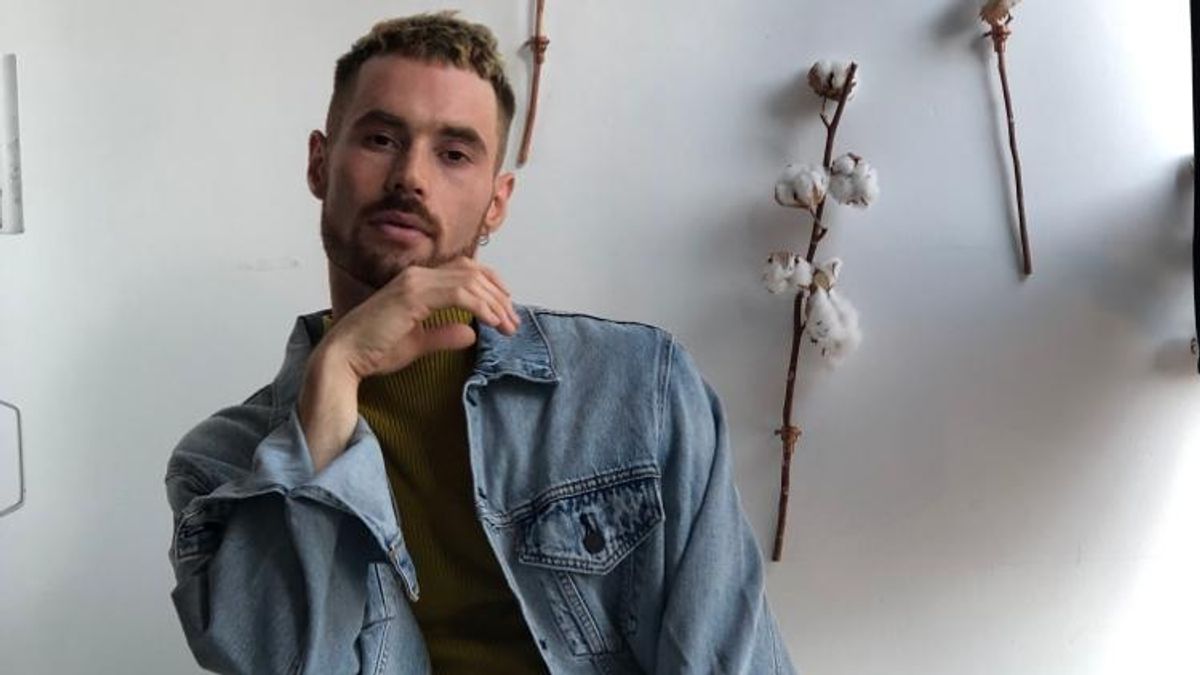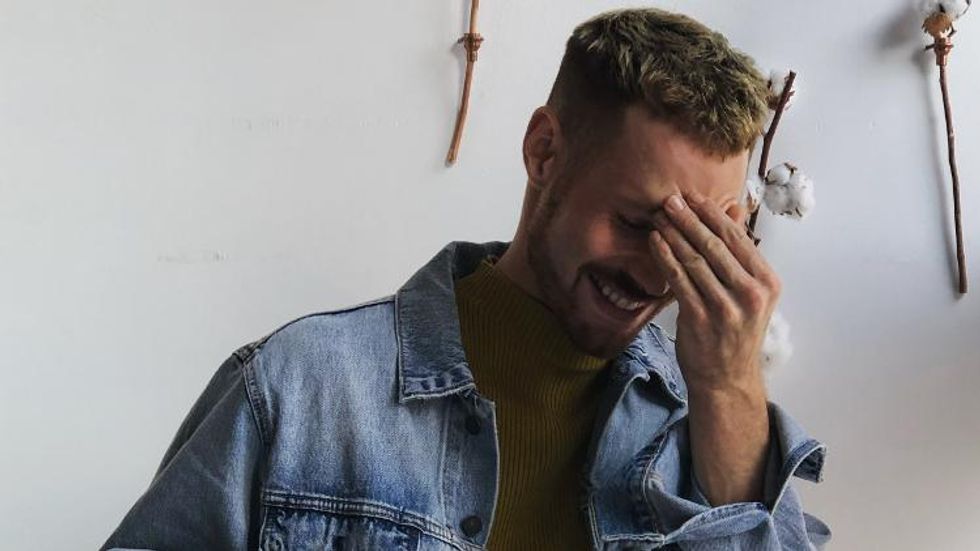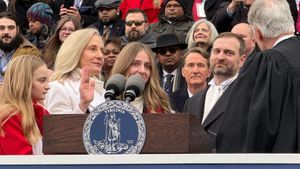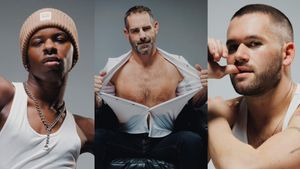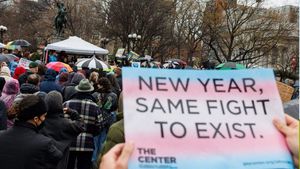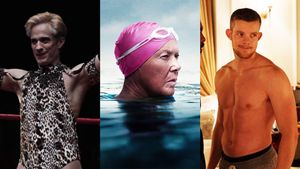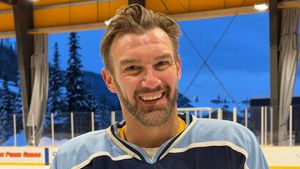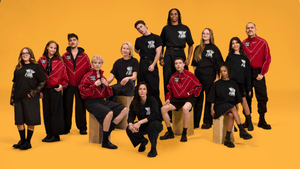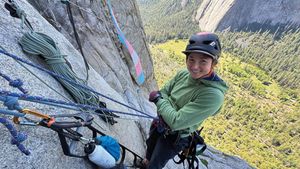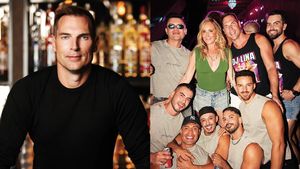As told to Mikelle Street:
I’ve been modeling for a while now, but I’ve really been working in nightlife more recently, hosting parties and stuff. COVID has really rocked all of that. With Canada’s Drag Race, a bunch of people had messaged me that I should try auditioning for the Pit Crew. I just forwarded it to my agency, and it ended up working out. It’s kind of surreal because I ended up getting really close with the other guys on the Pit Crew. Plus, I’ve known Brooke Lynn Hytes, Sacey McKenzie, and Jeffrey Bowyer-Chapman, who are the judges, for a long time.
I’ve been watching Drag Race since season one so I was really happy for all of my friends who were on it to now have this platform to be able to show their excellence. A lot of them are really, really good at what they do and I feel like in Canada, creative industries don’t have a lot of self-confidence. So having a show that already has a huge following is helpful.
The day of the casting for Pit Crew I thought I wasn’t going to get it because everyone was ripped and beautiful and we were all in our underpants. Having watched Drag Race before, I didn’t think that I was hot enough to be on it. When I saw my friend, Mina Gerges, at the casting I got really excited because I thought this would be a different version, and the producers were interested in celebrating more variety in the idea of beauty. This new platform has given us all new followers and it’s nice that when I decide to have conversations about things that are important to me there is more reaction.
I’m someone that has dealt with depression and suicidal thoughts, but when I first got diagnosed with HIV and saw the cost of my prescription, it really impacted me to see that because of how health care works here, that everyone in Canada is paying into me staying well. At that time, I didn’t even know what I was doing with my life so it really pushed me to change some things. I went through a psychiatric evaluation and decided I wanted to contribute in a positive way in the future. It’s disappointing that it took me becoming HIV-positive to take that decision, but I made it.
Early on in my diagnosis I had a lot of doctor’s appointments and I missed one. I was really apologetic and was really beating myself up about it, especially since I was getting it all for free. My doctor really calmed me down and explained that there are a lot of appointments and that there’s an anxiety around it all because you’re taking care of your health on a level you probably never have before. So there’s times where you maybe want a day off from appointments. When that happened, I decided that something I wanted to do, when I was in a better place, was to help keep people accountable and help them get to their appointments because it’s just one of those things that can be a barrier to taking care of your own health.
The first thing I did after I found out my status — after I told my partner — was I reached out to every person living with HIV that I was close with. They helped me get some of the best help in the country. That ended up being another thing where I was sort of like, something has to come of this when I’m ready. I have to pay this forward.
When the company that did the Undetectable Equals Untransmittable campaign here in Canada reached out to me to be involved, I thought it was amazing. It’s something that I found important and is the direction I want to start going in. As a part of it, I got invited to all of these little knowledge sessions about U=U and I talked to a lot of doctors and specialists. The whole process made me realize I have to be my own health advocate and even stand up to people smarter than me when it comes to medicine, because they may not know the specifics of HIV.
But part of me doing the campaign was so I could post it publicly and let people know that I am willing to go with them to their appointments if they need — and I’ve done so for people in Toronto. I’m also just there to give advice, and I’ll ask other people I know if there’s something I don’t know. I want that to be a part of my life moving forward. It’s just helpful to have someone in your corner who knows a little bit when you’re trying to navigate the healthcare system.
The thing about HIV is it impacts you in a lot of different ways. For me, it affected my intimacy with my partner because I was so obsessed with my viral load count all the time. I was expecting that if I got a cold or something that my numbers would climb and I would accidentally infect him. As someone who already had issues around my sexuality and intimacy, this just added another level that I hadn’t expected. But once I learned things it made me more comfortable, so I want to help others in learning that information.
I haven’t had a lot of this but it’s happening now because I have more followers, but people shame me on the internet for things to do with my status. I always take the opportunity to be a bit kinder and to share links. With people like that it’s not always worth it to have a discussion but it’s helpful to share the information. I always reiterate that this is decades-long research and that their feelings are definitely valid but sharing incorrect information impacts people like myself who are living with HIV every day.
Find out more about Travis on Instagram.

